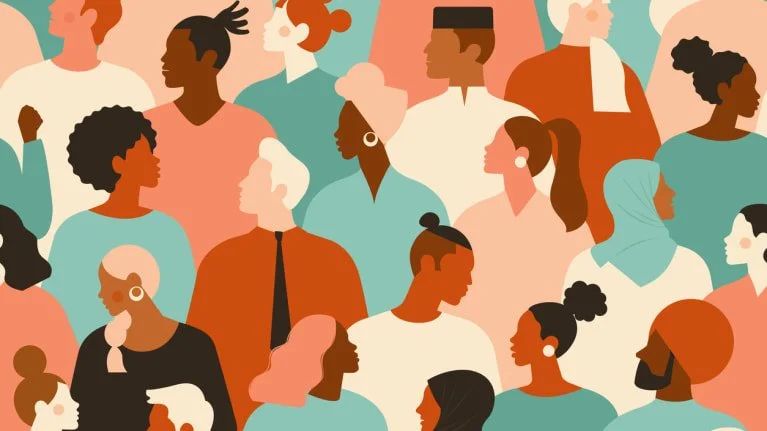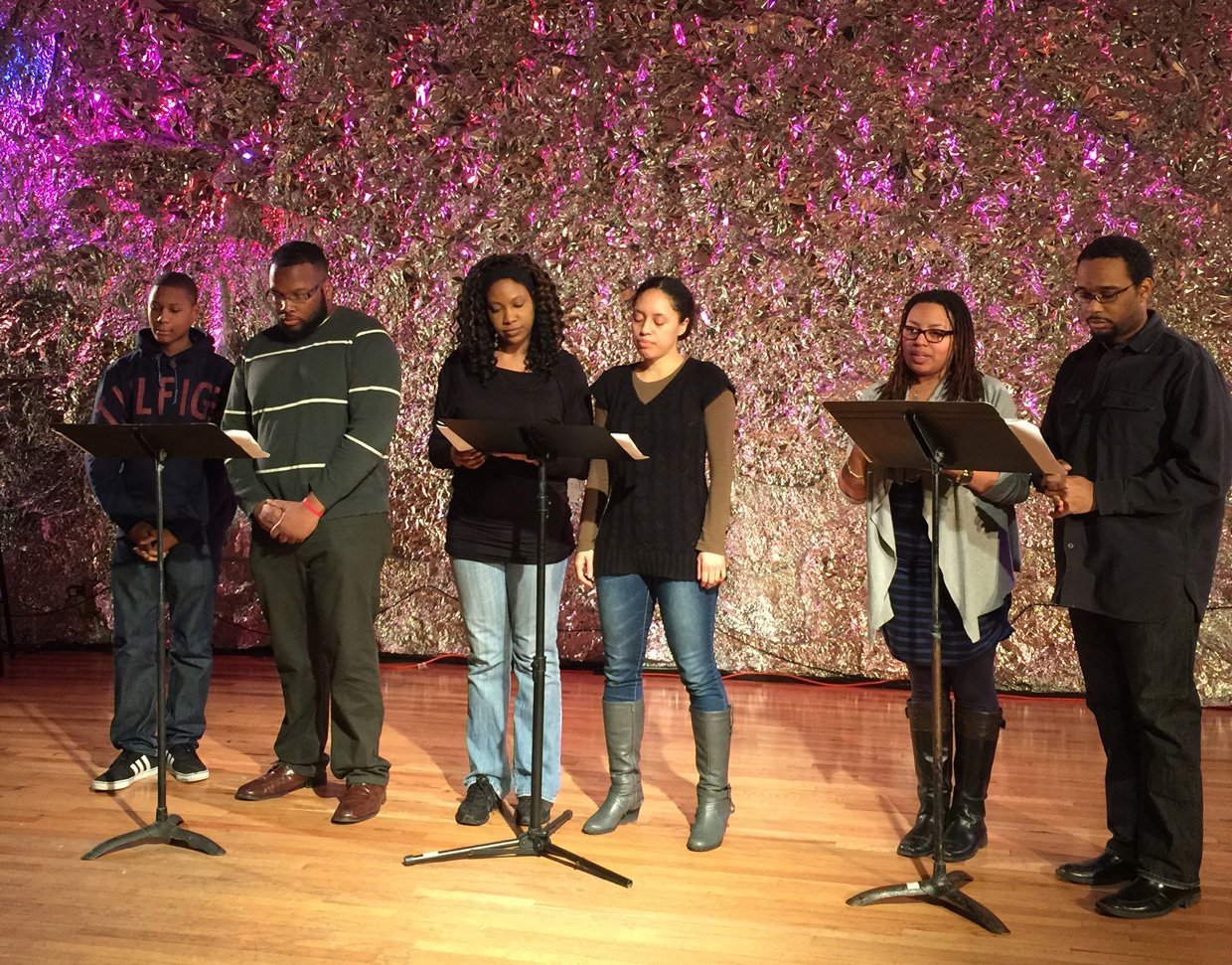Notable News & Press
Notable News & Press
The demand for social justice reaches history, science, and art museums near and far
The boston Globe
By Jon Marcus | November 23, 2023
If there’s a single artifact that symbolizes the spirit of this city’s revamped local history museum, the Centre des Mémoires Montréalaises, it’s a simple street sign.
“Rue Atateken,” reads the sign. That means “brotherhood” in the Mohawk language. And it hangs in the museum above the street’s former name: “Rue Amherst,” after Jeffery Amherst, the British general memorialized for his conquest of what became Canada — until it was disclosed that he had advocated giving blankets laced with smallpox to Indigenous people.
It’s an example of a new approach in history, art, and even science museums to revisit the ways they’ve long portrayed the world, correct the record where required, and include the many people previously left out.
Yinka Shonibare’s “Party Time: Re-Imagine America” at the Ballantine House in Newark, N.J., on Oct. 26, 2023, which was built in 1885 for a prominent Newark family and is now part of the Newark Museum of Art. The renovated Gilded Age mansion of beer makers in Newark is filled with surprises: a Black history from the 19th century that has been largely invisible. BRYAN ANSELM/NYT
An Inside Look at Workplace Racial Affinity Groups
Society for Human Resource Management
By Arlene S. Hirsch | September 20, 2021
Racial affinity groups, or racial caucuses, provide separate spaces for people who share a racial identity to gather, share experiences and explore how racism may manifest in their organizations. Employers can use the recommendations that emerge from these groups to take corrective action, address racial inequities and advance the company's diversity, equity and inclusion (DE&I) goals.
Deaths Of Unarmed Black Men Revive 'Anti-Lynching Plays'
NPR (Heard on Morning Edition)
By Hansi Lo Wang | April 17, 2015
An obscure but riveting genre of theater is being revived in New York City.
They're called "anti-lynching plays." Most were written by black playwrights during the early 1900s to show how lynchings devastated African-American families.
Inspired by the recent deaths of unarmed black men by police, a theater company in Brooklyn, N.Y., is staging a series of new readings of these plays, including Georgia Douglas Johnson's Blue-Eyed Black Boy.
Lauren Lattimore (left), Wi-Moto Nyoka, Edmund Alyn Jones and Courtney Harge rehearse a scene from Blue-Eyed Black Boy, a play about lynching that was written around 1930. Hansi Lo Wang/NPR
Jay Mazyck, Justin Thomas, Lauren Lattimore, Wi-Moto Nyoka, Courtney Harge, and Seth Diggs reading Mary Burrill’s ‘Aftermath’ at JACK, Brooklyn, February 8, 2015 (photo by the author for Hyperallergic)
Early Anti-Lynching Plays, Read in Light of Ferguson
HYPERALLERGIC
By Alexis Clements | FEBRUARY 25, 2016
Just two days before the Equal Justice Initiative (EJI) released its report “Lynching in America: Confronting the Legacy of Racial Terror,” I sat in the audience at JACK in Brooklyn for a reading of the play Aftermath, written in 1919 by playwright Mary P. Burrill. Directed by Courtney Harge of the Colloquy Collective, the reading marked the first in a series highlighting black-authored anti-lynching plays that is running at JACK through June as part of its Forward Ferguson series, focused on artistic work tied to racial justice movements past and present.





